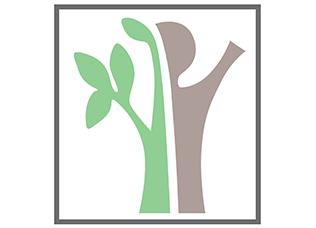Thessaloniki is the most important administrative, cultural and business centre in northern Greece, and the second largest city of the country. The metropolitan area hosts 1.1 million inhabitants within the wider Region of Central Macedonia of 2 million inhabitants.
The Municipality of Thessaloniki, with a population of 325,000 inhabitants, is in the center of the metropolitan area and consists one of the main public partners and local authority of the city. As a Local Government Authority, it aims at the development of the city in all areas of its responsibilities, including environmental, social, cultural issues as well as everyday living.
The Municipality of Thessaloniki has employed a Waste Management Strategy, which follows the guidelines of the EU Waste Framework Directive, aiming to the improvement of city’s image, along with the modernization of waste collection system, the gradual improvement of waste collection and sorting systems, the increase of reuse, the establishment and operation of civic amenity sites and the execution of publicity and awareness campaigns. The Department responsible for the implementation of all the above, is the Directorate of Recycling and Municipal Waste Management which is also responsible for the regular collection and transport of municipal solid waste, the cleanliness of public areas, as well as the management and maintenance of the vehicle fleet of the Municipality.
In the context of the LΙFE -IP CEI-Greece project, the Municipality will implement infrastructures which are part of the overall design of a modern separate collection system, the strengthening of the Circular Economy principles as well as the publicity of the relevant actions to the citizens with special emphasis to the students. More specifically, the following infrastractures will be implemented:
- Enhanced Green Centre (EGC – Civic Amenity Centre), which is a space, delineated and configured with the appropriate infrastructure and equipment so that citizens can deposit separately collected recyclable municipal waste streams, such as paper, glass, metals, plastics, fabrics, edible oils or used articles (clothing, furniture, electrical and electronic equipment) in order to direct them for reuse or recycling. Moreover the EGC will consist of a hub for the demonstration of repair and reuse actions. In the EGC, some preliminary tasks will take place, such as hand sorting, separation, compaction, shredding and packaging. In the future, the EGC will be accompanied by Civic Amenity Points that will serve the collection of recyclable municipal waste streams at neighborhood level, schools, commercial blocks etc.
- Recycling, Repair and Reuse (RRR) Experiential Park where children will learn how different materials, brought from home, can be treated and subsequently recycled. There will be education and demonstration facilities where special emphasis will be given to the difference between the recycling and reuse concept, and thus cultivation of environmental awareness of the future generations will take place. A repair Cafe will also be developed where citizens, under proper guidance, will be able to repair a wide range of items in order to be reused. It will be open to the general public in the afternoon.


